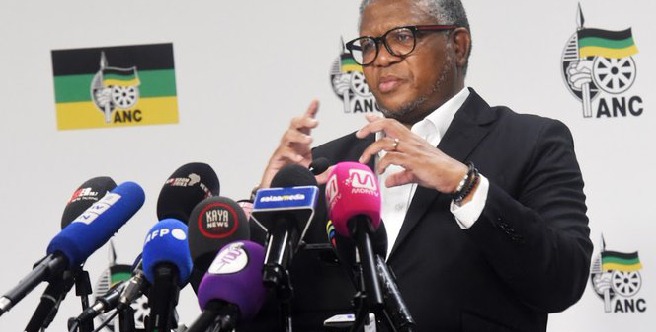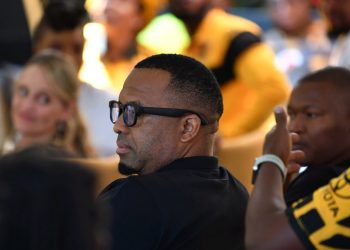The African National Congress (ANC) is under increasing pressure to maintain control of South Africa’s major metropolitan municipalities as coalition instability threatens its grip on power. With the 2024 elections approaching, the ruling party fears losing key urban centers unless it enacts significant governance reforms.
The ANC’s hold on cities like Johannesburg, Tshwane, and Ekurhuleni has weakened substantially, forcing it into fragile coalitions with smaller parties. These alliances, often unpredictable and unstable, have led to leadership turmoil, governance paralysis, and service delivery failures—raising concerns that frustrated voters may turn against the ANC at the ballot box.
Unstable Coalitions and Governance Failures
Following the 2021 local government elections, the ANC lost outright control of several major metros and had to form coalitions with parties such as the Economic Freedom Fighters (EFF), the Patriotic Alliance (PA), and others. However, these alliances have been marred by power struggles, frequent mayoral changes, and governance deadlock.
- In Johannesburg, multiple mayoral turnovers have created administrative uncertainty, preventing long-term service delivery planning.
- In Ekurhuleni and Tshwane, shifting alliances and political infighting have resulted in no-confidence motions that repeatedly disrupt governance.
- Across these metros, residents face persistent service delivery failures, including prolonged power outages, water shortages, deteriorating roads, and municipal dysfunction.
These governance issues have eroded public confidence in the ANC, increasing the likelihood of electoral losses in 2024.
Key Challenges Threatening ANC’s Metro Control
The ANC’s biggest struggles in these urban centers stem from:
- Coalition instability – Fragile alliances have made governance unpredictable and inefficient.
- Financial mismanagement – Allegations of corruption and poor budget control have damaged the ANC’s reputation.
- Failing service delivery – Residents are increasingly frustrated with declining infrastructure and essential services.
- Economic challenges – High unemployment and economic stagnation in urban centers have weakened ANC support.
Opposition Gaining Momentum
Opposition parties, including the Democratic Alliance (DA), ActionSA, and the EFF, are aggressively campaigning to take full control of these metros, portraying the ANC as a party incapable of governing effectively. The prospect of a more stable and decisive leadership under new political control is gaining traction among urban voters.
ANC’s Attempt at Damage Control
Recognizing the risk of losing key metros, the ANC is reportedly exploring interventions to strengthen governance, including:
- Enhancing coalition management – Negotiating more structured and stable agreements with coalition partners.
- Prioritizing service delivery – Addressing infrastructure failures and ensuring visible improvements for residents.
- Cracking down on corruption – Holding officials accountable for financial mismanagement and misconduct.
- Rebuilding grassroots support – Engaging directly with communities to restore trust ahead of elections.
However, whether these efforts will be enough remains uncertain. Many urban residents have grown weary of repeated governance failures and may seek a complete change in leadership.
A Defining Moment for the ANC
As the 2024 national and provincial elections draw closer, the ANC’s hold on key metros remains precarious. The party must convince voters that it can provide stable governance and effective service delivery—a challenge that is becoming increasingly difficult amid persistent municipal failures.
Should the ANC fail to restore public confidence, opposition parties could capitalize on the discontent, marking a significant political shift in South Africa’s urban landscape. The coming months will be a crucial test—will the ANC reclaim its dominance, or will voters decide it’s time for new leadership in the metros?






















